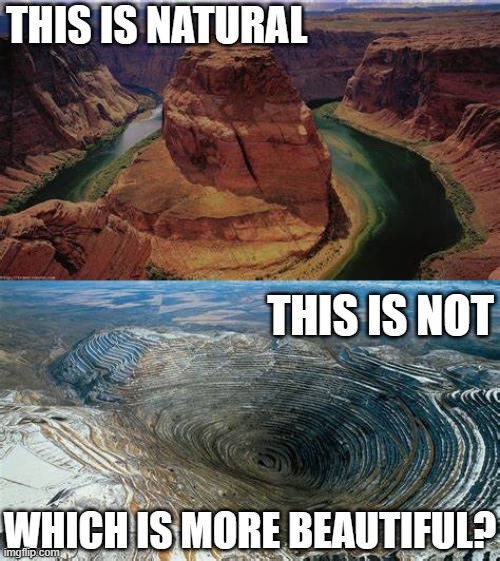NiftyNiblick
1960s Chick Magnet
Random confluence of sub-atomic particles.
I believe that's what causes all actions.
I believe that's what causes all thoughts.
To me, that should be the current default conclusion,
because it's the theory that requires the fewest suppositions.
Many people admittedly wouldn't WANT to believe it,
but for whatever reason, it doesn't bother me at all
I believe that's what causes all actions.
I believe that's what causes all thoughts.
To me, that should be the current default conclusion,
because it's the theory that requires the fewest suppositions.
Many people admittedly wouldn't WANT to believe it,
but for whatever reason, it doesn't bother me at all



